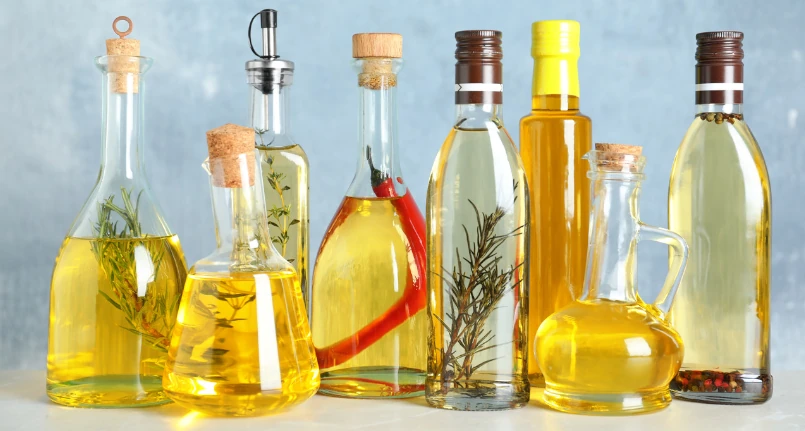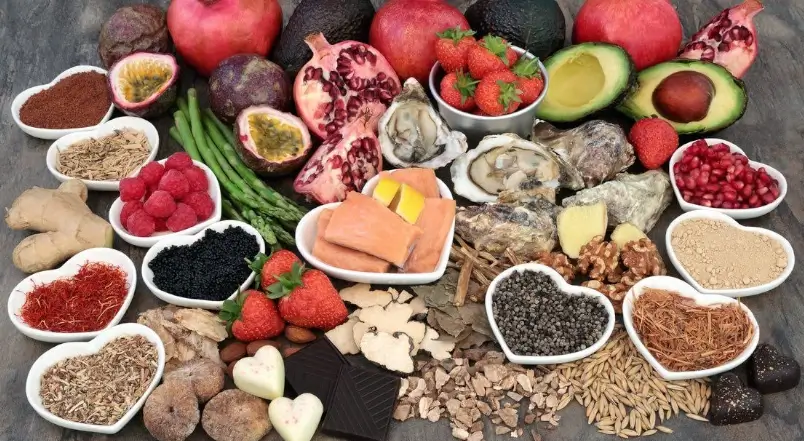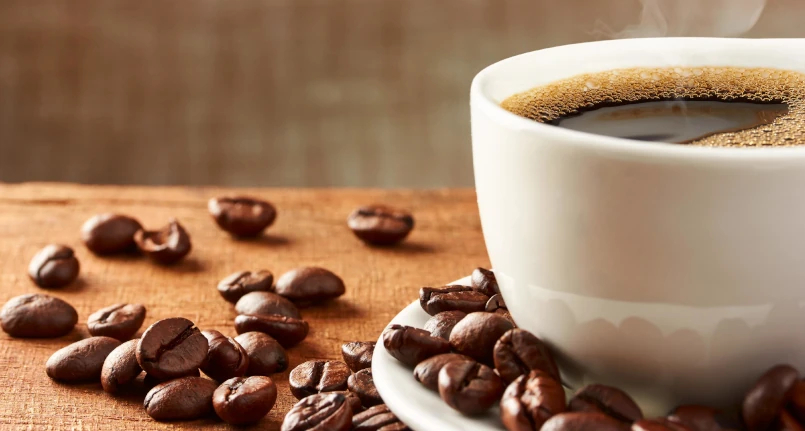Food |
Cholesterol [mg/100g] |
| Butter | 260 |
| Lard | 95 |
| 100% vegetable margarine | 0 |
| Margarine 2/3 animal fat and 1/3 vegetable fat | 50 |
| vegetable oils: olive, soy, corn, etc | 0 |
| Cod liver oil | 570 |
Total Cholesterol in Food »
Oils, fats and cholesterol
All oils and fats provide high amounts of energy , so they must be used in moderation; on the other hand, the impact that these have on the metabolism is very different and varies according to the type of fatty acids and the cholesterol they contain.
Among the oils and fats , the only ones that provide cholesterol are those of animal origin; this is the case of butter , lard , tallow and lard ( sugna is not properly considered edible) which, in parallel, also boast a significant quantity of saturated fatty acids. Ultimately, the lipid contribution of oils and fats of animal origin is not the best.
Vegetable oils , hydrogenated fats and trans fatty acids
On the other hand, there are also some vegetable oils that are NOT exactly healthy; these, while not containing cholesterol, can be rich in HYDROGENATED fatty acids (made saturated by man) and/or worse, in trans- configuration fatty acids . Hydrogenated fatty acids must be considered in the same way as saturated fatty acids , while trans fatty acids (undesirable products deriving from the hydrogenation or peroxidation process) are even more harmful. Among the vegetable oils and fats rich in saturated or hydrogenated and/or trans fatty acids , capable of altering (therefore worsening) cholesterol metabolism , we mention palm oil (forfry ) and hydrogenated margarines (for dressing).
Vegetable Oils that can improve Cholesterol Metabolism
Let’s not forget that, to improve the metabolism of endogenous cholesterol , it is still necessary to consume oils of vegetable origin; among these, the most suitable for seasoning are those rich in polyunsaturated fatty acids (preferably containing omega 3 and omega 6 : soybean oil , walnut oil, grape seed oil , corn oil , etc.), while those suggested for frying and preserving they are rich in monounsaturated fatty acids ( extra virgin olive oil ). NB: Peanut oil and sunflower oil can also be used for frying, as long as you keep in mind that they must NOT be used more than 2 times. Finally, to supplement a diet low in omega 3 , it is advisable to consume fish oil capsules , or rather, krill oil . With these few tricks you can:
- Reduce dietary cholesterol
- Reduce circulating cholesterol
- Increase essential fatty acids in the diet
- Reduce trans fatty acids and toxic products resulting from inadequate frying.




